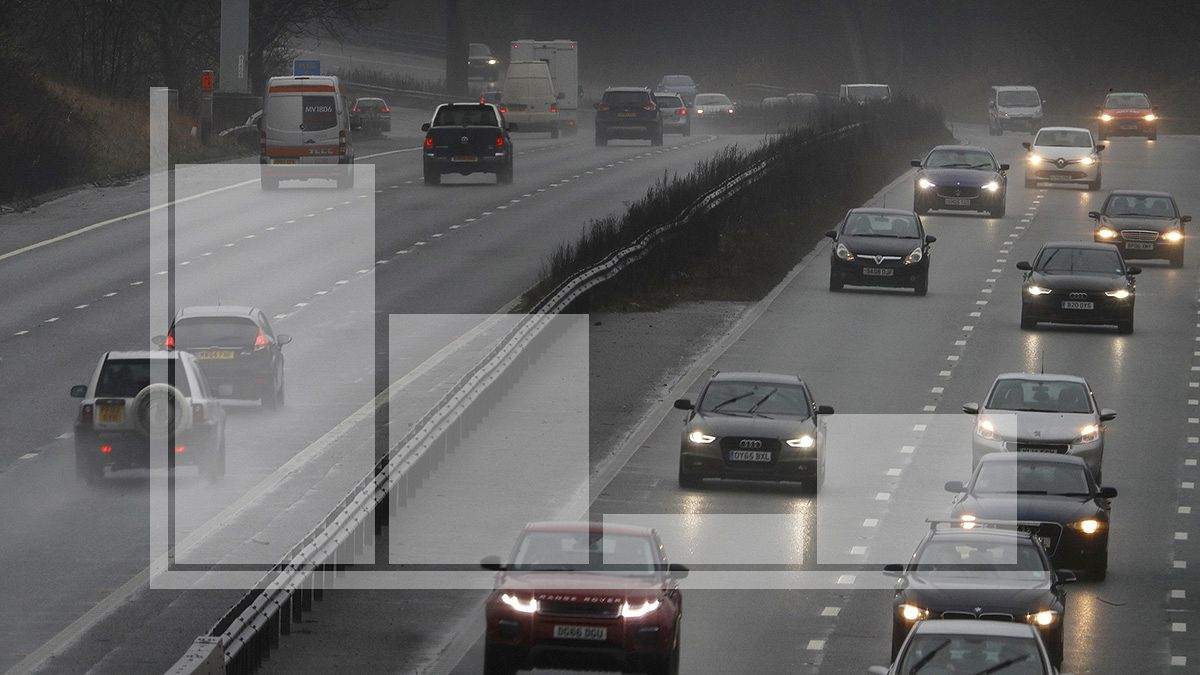There’s no doubt that driving too fast is dangerous.
There’s no doubt that driving too fast is dangerous. But how fast is too fast? And how severely should speeding be punished? European countries all answer the question differently.
Some – like England, Finland and Switzerland – link fines to the offenders’ income levels.
From April 24, a driver caught doing 101 mph (161 km/h) on a motorway in England or Wales could be fined up to 150 percent of his or her weekly income, against just 100 percent now.
There is an upper limit of £2,500 (2,934 euros) for the worst motorway offences.
Switzerland, however, doesn’t have a maximum sum – the reason why the country holds the record for the world’s biggest speeding fine.
A multimillionaire caught doing 140 km/h on a motorway with a maximum of 100 km/h was fined nearly 300,000 euros.
The minimum penalty for the worst offences in Switzerland is also much higher than most neighbours. A daily fine is worked out based on the person’s income, starting at 30 Swiss francs (28 euros). This base figure is then multiplied by 120 days, meaning even those with the most humble of incomes will be hit with a fine of around 3,330 euros.
Of the countries that do not link fines to income, Belgium has the biggest maximum fine for the worst motorway offences.
Poland and Bulgaria, on some roads at least, allow motorists to legally drive the fastest in Europe – 140 km/h.
The strictest limits are in Malta, where the maximum speed is 80 km/h.
Nevertheless, the majority of European countries have a maximum speed within a window of 100-140 km/h.
While there is some conformity with speed limits, when it comes to the use of fines it is a different story, with vast differences depending on which part of Europe you are driving in.
In Denmark you have to drive at 260 km/h, double the speed limit, to ‘earn’ the biggest fine – the equivalent of 2,011 euros in Danish krone.
But in Ireland, for example, you hit the maximum fine at 40 km/h over the 120 km/h limit, meaning, in theory at least, you’d be fined the same amount, whether you were caught doing 160 km/h or up to double the limit, 240 km/h.
